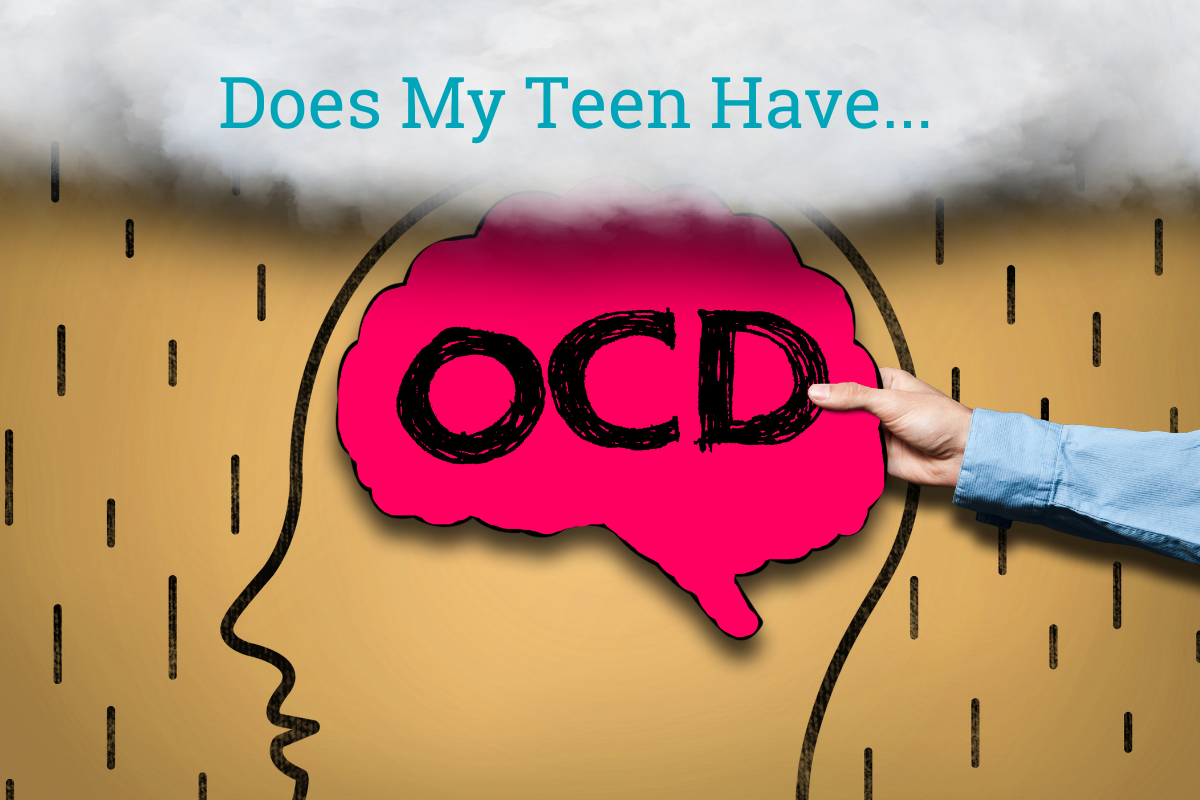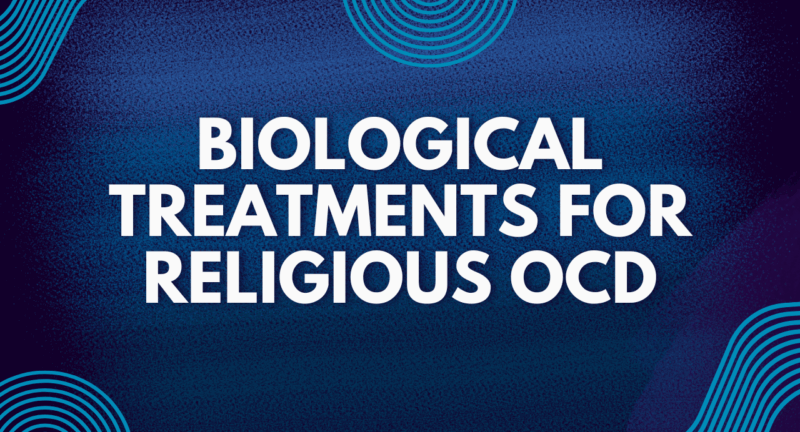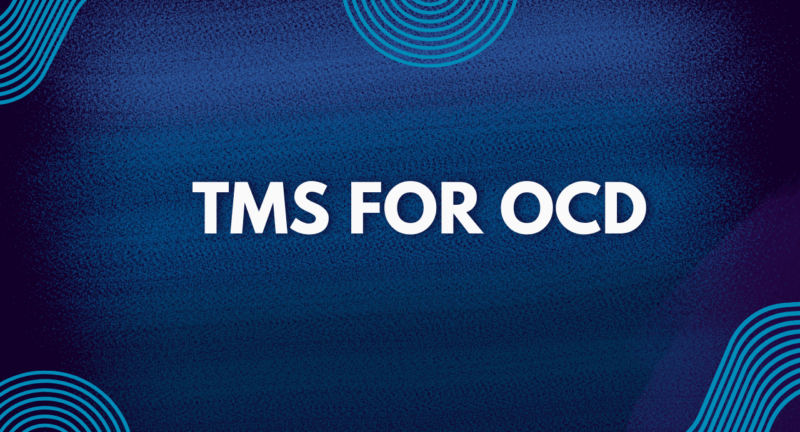
Does My Teen Have OCD?
Obsessive-compulsive disorder (OCD) is one of the many anxiety disorders that can affect teens. About half a million children have OCD, and unfortunately, it’s often overlooked in teens. In some cases, OCD behaviors may be mislabeled as quirky, but the reality is that OCD causes intrusive thoughts and compulsive behaviors that can interfere with your quality of life.
The types of obsessions or compulsions can vary from person to person. Regardless of which obsessions your teen is struggling with, it’s important to know that OCD is treatable. But the first step is to ask for help.
If you’re wondering if your teen has OCD, schedule an appointment with a mental health care provider for an OCD evaluation. In the meantime, here are some common signs of OCD in teens.
Tell-tale Signs of OCD to Look For
Tune in to the video below to learn more about OCD symptoms in adolescents, courtesy of the International OCD Foundation.
Other Signs of OCD in Teens
1. Does Your Teen Take a Long Time to Get Ready?
Ritualistic behaviors can add minutes (if not hours) to your teen’s routines. This means that your teen might take a long time to get ready for the day, to finish homework, etc.
If intrusive thoughts and compulsive behaviors interfere with your teen’s daily life or take up more than one hour (per the National Institute of Mental Health (NIMH)), consider reaching out for help.
2. Your Teen Is Concerned with Contamination
Do you notice that your teen uses too much soap or washes their hands obsessively? Fear of germs and contamination is a common subtype of OCD. If your child has this subtype of OCD, your teen may obsess over contracting an illness or spreading germs.
Your teen may:
- Avoid doorknobs or pushing buttons in public spaces
- Continually ask if their food is cooked thoroughly
- Check (and recheck food expiration dates)
- Wash hands frequently (more than recommended by the WHO)
- Encourage other family members to constantly clean their hands
Read: Navigating OCD in Post-Pandemic World
3. Your Teen Has Meltdowns
If your teen has rituals in which certain events must be performed in a specific sequence, and you interrupt this process innocently, your teen may feel compelled to go through the entire process again. This can make your child frustrated and even angry.
4. Your Teen Is Concerned He Did Something Wrong
Another subtype of OCD is morality. Your teen may constantly worry that he’s done something wrong. This is also called moral scrupulosity, and it’s an obsessive concern with whether or not one is being good or bad — and it can occupy a lot of your teen’s mental bandwidth.
5. Your Teen’s Schoolwork Is Suffering
Intrusive thoughts and ritualistic behaviors can suck up a lot of your teen’s time at school. For example, ruminating on obsessions can make it hard for your teen to focus on school lectures or get homework done. Getting the right OCD treatment can help your teen manage his/her anxiety, which can lead to a more productive day at school.
Perfection is another subtype of OCD, and the desire to constantly deliver perfect work can make it hard to ever finish assignments on time.
6. Your Teen’s Personal Relationships Are Suffering
OCD doesn’t just impact your teen’s academic performance. Unmanaged OCD can start to affect your teen’s relationships with you, your family, and their friends. You might consider OCD treatment for your teen if:
- Your child’s thoughts make it hard to focus at school
- Your teen’s compulsions limit his or her ability to enjoy time with friends or family
- Their OCD is getting in between you and your teen
7. Your Child Continually Asks If He’ll Be Okay
Children and teens may struggle with many of the same intrusive thoughts as adults, including fear of contamination and fear of harm. You might suspect your teen is struggling if he continually asks if “he’ll be okay”. According to the International OCD Foundation, this can be a sign of pediatric OCD.
8. Your Teen Demonstrates Symmetry
Obsessions with symmetry and related compulsions, such as ordering and arranging, have received increased empirical attention in recent years. Analyses of obsessive-compulsive symptomatology in obsessive-compulsive disorder (OCD) have consistently identified a factor characterized by symmetry concerns and related rituals. In OCD, symmetry obsessions are characterized by the need for things to be perfect, exact or “just right,” symmetrical, or correctly aligned, and related compulsions include ordering and arranging, evening up or aligning things, and touching or tapping.
Here’s an example: If your teen bumps his right knee on the table on accident, he may feel compelled to go back and bump his left knee on the table.
Another example: your teen may spend hours arranging or rearranging items on the shelf in his or her room.
Other signs of OCD in teens include:
- Excessive checking (re-checking that homework is done, lights are off, the door is locked, etc.)
- Excessive washing, tidying up, and/or cleaning
- Repeating ritualistic behaviors until they are “just right” … or starting over again until they are right
- Obsessing with rearranging things
- Mental compulsions which may include excessive praying or mental reviewing
- Frequent apologizing
- Reciting lucky words or numbers or phrases; using lucky items, etc.
If you notice any signs of OCD in your teen, seeking professional treatment can help restore the quality of your child’s life.
How Is OCD Treated?
At NextStep2MentalHealth, we know how profoundly OCD can impact all aspects of your teen’s life, and if your teen is struggling now, you don’t have to wait until it gets worse before reaching out for help. Our compassionate, non-judgmental team offers a variety of OCD treatments, including medication and therapy.
If you have concerns about OCD, schedule an appointment at our Louisville, Kentucky office. Request an appointment online.
Related Posts
Biological Treatments for Religious OCD: How Medication and Supplements Can Help
Biological factors play a significant role in OCD. Understanding how medication...
TMS Treatment for OCD: What It Is and How It Can Help
This blog is part of the Religious OCD Series. For those struggling with...


